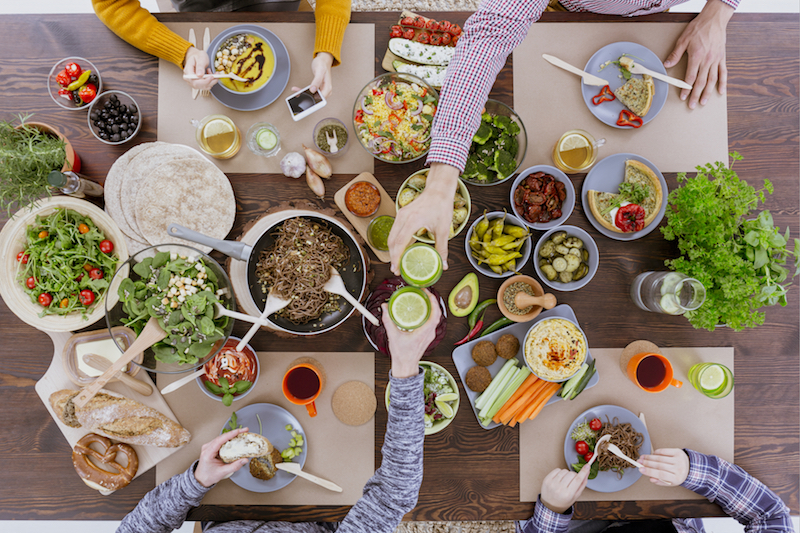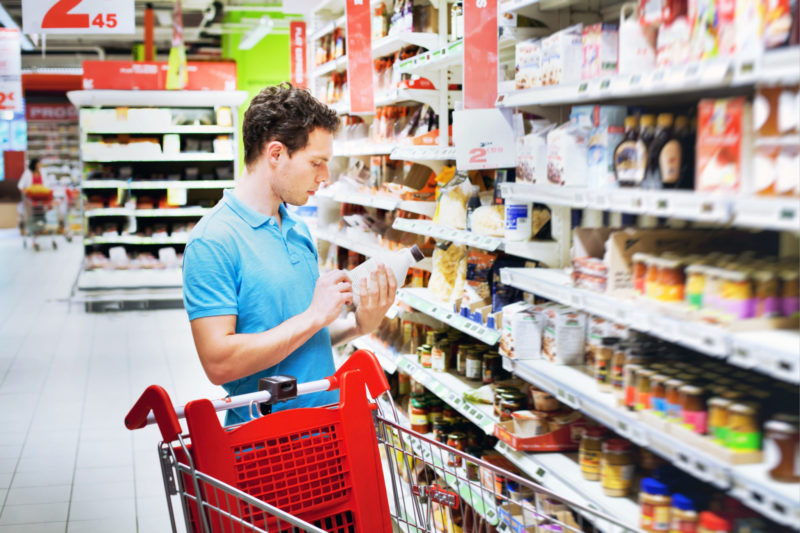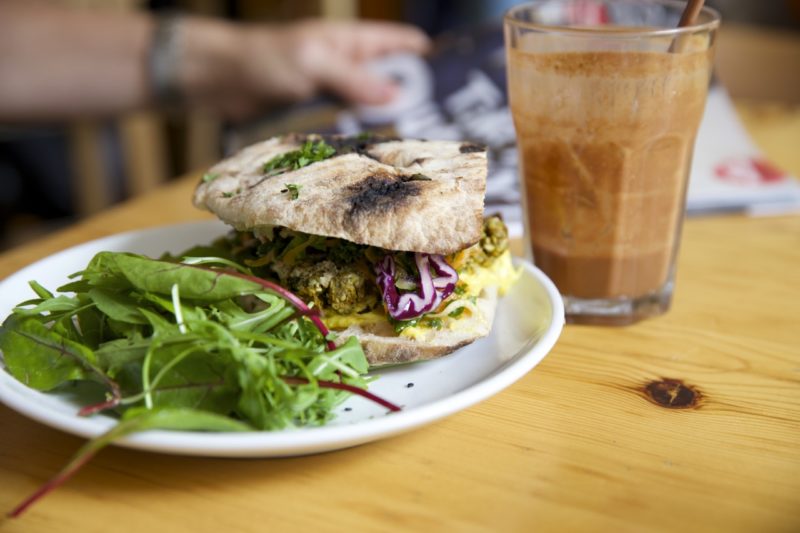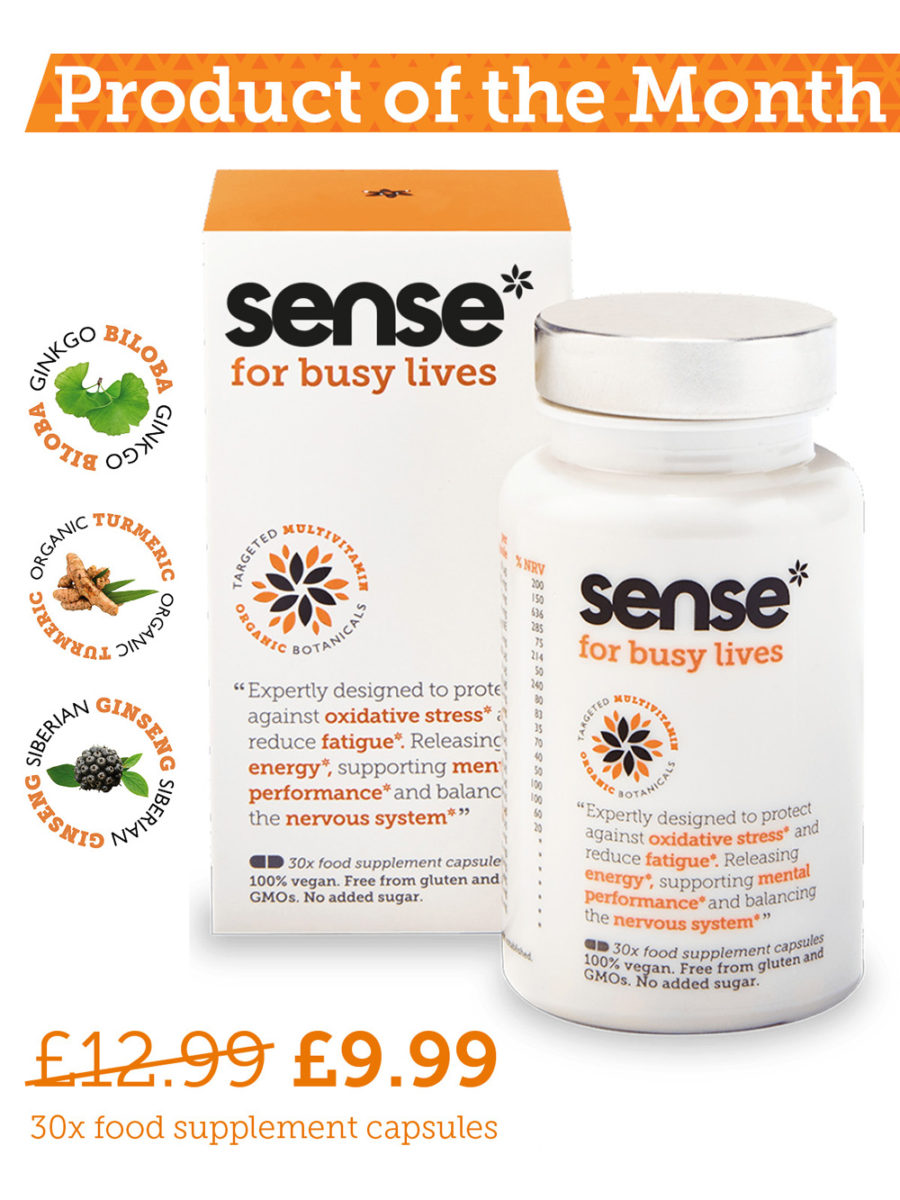
Healthy eating lifestyle tips
Rome was not built in a day and the same applies to a healthy eating lifestyle. Read on if you want the whole picture. Some sure-fire tips to kick start your healthy eating lifestyle, but remember to take it just one step at a time.
Listen to YOUR BODY
Start by implementing one healthy eating tip at a time. Observe what really works for you. It’s all about listening to your body because no one knows YOUR BODY better than you do.
You will soon start to feel the positive results:
MORE energy… a BETTER metabolism… BETTER sleep… HEALTHY weight loss… BETTER moods… BETTER concentration
LOOK FORWARD TO THESE RESULTS.
Prepare your food with care
Try and find the time to prepare at least one of your main meals of the day. Regardless of how busy you are.
Cooking a healthy dish…..preparing a simple salad for dinner is a very creative activity. BUT IMPORTANTLY it gives you the ability to control the quantity and quality of the food that you eat.
Cooking for others also provides a great way to interact with friends and catch up with family members who might want to offer a helping hand!

Do not skip breakfast and plan your meals
Skipping breakfast won’t help you lose weight!
You could miss out on essential nutrients and you may end up snacking more throughout the day because you feel hungry.
Try to plan your breakfast, lunch, dinner and snacks for the week. Make sure you stick to your calorie allowance.
Become a smart food shopper
You may find it helpful to make a weekly shopping list.
Think about the meals you want to cook over the week. Make a shopping list based on the ingredients for each meal.
Do this and you’re…
NOT ONLY going to avoid filling your trolley with things you don’t need, like chocolates and ice cream!
BUT ALSO CONTROL YOUR SPENDING! One of the top tips for healthy eating.
Instead of your usual snacks, opt for healthy snacks, such as low GI fruit, nuts, unsalted rice cakes, oat cakes (delicious), unsalted or unsweetened popcorn and more fruit and veg!
Read food labels… you may need new glasses!
Knowing how to read food labels can help you choose healthier options. Check out sugar levels and carbs at a glance.
Use the calorie information to work out how a particular food fits into your daily calorie allowance. If you have a weight loss plan, check this is allowed or sends you over your limit.
If you must buy ready meals, check to see if there’s a nutrition label on the pack. No nutrition label, don’t even bother. Actually don’t even bother even if it does…..unless you really have no other option.
Then compare different meals to see how your choice stacks up when it comes to the amount of energy
Total fat should be below 17.5g per 100g, while low total fat means anything below 3g of fat per 100g.
Saturated fat should be below 5g per 100g, while low saturated fat means anything below 1.5g of saturated fat per 100g
Sugars should be below 11.5g per 100g while low sugar means anything below 5g of sugar per 100g
Salt should be below 1.5g per 100g (or 0.6g sodium) while low sale means anything below 0.3g of salt (or 0.1g sodium) per 100g

Get more active
Being active is key to losing weight and keeping it off. One of top tips for healthy eating.
Exercise provides numerous health benefits…..it can help burn off the excess calories that you find difficult to lose through diet alone.
Find an activity you enjoy and are realistically able to fit into your routine!
Use smaller plates
Such a logical step and tip for healthy eating! Plate sizes have increased over the past millennium.
When it’s time to sit down for dinner, choose a size-appropriate plate or bowl. Using a smaller plate instead of a tray can make us feel fuller. Even though we’ve eaten the same amount of food.
Trick your brain. The brain may associate any white space on your plate with less food. Use dark plates! Of course, smaller plates generally lead to smaller portions, which mean fewer calories too.

Chew slowly and mindfully
Remember that it takes about 20 minutes for the stomach to tell the brain it’s full. So eat slowly and stop eating before you feel full.
If you feel too full or bloated 10-20 minutes after eating, you’ve eaten too much. Next time reduce your portion and your plate size!
Get Lots of Sleep
Recent research shows you will naturally eat foods high in carbs and sugar when you are only slightly sleep deprived.
“Early to bed, early to rise, work like hell and advertise”…..was one of the mantras of FOX News channel. Not all of us have to get up at 4am though!
Only you know how much sleep you need to feel great. 7 hours minimum is a good guideline and 8 hours even better.
The Dalai Lama said recently, “Why am I so alert mentally at 83 years old? Probably because I get more sleep than you, over 9 hours a day.” At 83 this is a good idea, but 7-8 hours will usually suffice.
Turn off the telly
Eating while watching television is linked to poor food choices and overeating.
Getting absorbed in an episode can lead to mindless eating if it is next to you. You can lose track of the amount of food you ate so easily.
But, not only that, TV ads for unhealthy foods and drinks have the ability to increase our desire for low-nutrient junk, fast food, and sugary beverages.
So, best thing is to turn that TV off and socialise at a dinner table with your family, friends – or even yourself! Alternatively, …just don’t EAT in front of the Telly…nothing allowed!
Eat high fibre food
Foods containing lots of fibre can help keep you to feel full. Perfect for losing weight. Fibre is only found in food from plants, such as fruit and veg, oats, wholegrain bread, brown rice, beans, peas and lentils.
Protein can be good too, as long as you don’t over do it.
Eat at least five fruits and vegetables a day
The important words here are…”at least”. Most of us still aren’t eating enough fruit and vegetables.
They should make up over a third of the food we eat each day as they are a good source of vitamins, minerals, and fibre. Aim to eat AT LEAST five portions of a variety of fruit and veg each day, more is better.
Choose from fresh, frozen, tinned, dried or juiced. However, remember that fruit juice and/or smoothies should be limited to no more than a combined total of 150ml per day.
Beware of sugar, bread and dairy
Regularly consuming foods and drinks high in sugar increases your risk of obesity, diabetes and tooth decay.
Sugary foods and drinks, including alcoholic drinks, are often high in energy and if eaten too often, can contribute to weight gain. No surprises there! They can also cause tooth decay, especially if eaten between meals.
Many packaged foods and drinks also contain surprisingly high amounts of free sugars. Free sugars are any sugars added to foods or drinks, or found naturally in honey, syrups and unsweetened fruit juices.
Similarly, foods with grains in them will be usually high in carbohydrate whilst foods with dairy can be high in saturated fats.
Coupled with sugars, wheat and dairy are the 3 main food types you need to think about reducing to have a balanced weight that’s right for you. See our Founder’s article on What to eat this summer?
Hydrate—and then rehydrate!
The UK government recommends drinking between six and eight cups/glasses of liquid a day.
Water, low-fat milk, and low-sugar or sugar-free drinks, including tea and coffee all count.
Fruit juice and smoothies also count towards your fluid consumption, but they contain free sugars that can damage teeth, so limit these drinks to a combined total of 150ml per day.
Indulge on life not in food!
One of the top tips for healthy eating. Food deserves all of our attention as it is directly related to giving and preserving life. We shouldn’t forget that every single cell in our body requires nutrients to function. We need food to survive and nourish our body and mind.
Food is not simply about the calories you take in or burn, but also about our connection to life. After all, we are what eat. So, our food, like our lives shouldn’t be cheap, fake or too fast.
Be conscious around food and choose food that will nourish your whole body and mind, not just your taste buds.
Stay positive
Many of us demonise certain foods and even punish ourselves for indulging. Instead, positive messages like, “I’m proud that I ate responsibly today,” can reframe your relationship with food. Research shows that positive expectations are also associated with healthy eating habits and potentially, weight loss.
Make sure you are getting enough nutrition
Are you ever tired during the day? Or perhaps you are feeling stressed or you are putting stress on your body by not sleeping properly. Or over-exercising. A healthy eating lifestyle is what you need.
If so, then you may be falling into the Nutrition Gap (Read More here) where your intake of nutrition is less than what your body needs for optimum performance, physically or mentally. Here are more tips for healthy eating.
If non-Processed food v Processed food is more than 80% – you are doing alright.
Where non Processed food v Processed food is about 50% – it is not great, you are treading water and need nutritional help. If you add alcohol on top then you are going in the wrong direction.
Processed food is greater that 70% – that’s terrible, you are likely to be killing yourself slowly.
The Nutrition Gap = Non processed food v processed food. If non processed food is 100% that is where you need to get to. Anything less than this and you need to be careful.
How to take care? You need to work out how to minimise the effects of processed food or replace it. Some ideas are set out below –
- Don’t drink alcohol more than two nights on the trot. Also take these supplements to minimise damage to your insides:
sense* for a night out – product page or in depth article
- Try not to eat a processed meal twice on the trot and take these if you have gut issues:
sense* for gut health – product page or in depth article
-
- Don’t touch sugary drinks, there is no need.
- If you eat a meal full of processed food i.e. rubbish then make sure your next meal is really good
- Top up your nutrition with supplements or organic foodstuffs based on what your needs are.
- Work out what this might be from our home page or the following product pages:
sense* for busy lives – product page or in depth article
sense* for joint & bone – product page or in depth article
sense* for gut health – product page or in depth article
sense* for a night out – product page or in depth article

